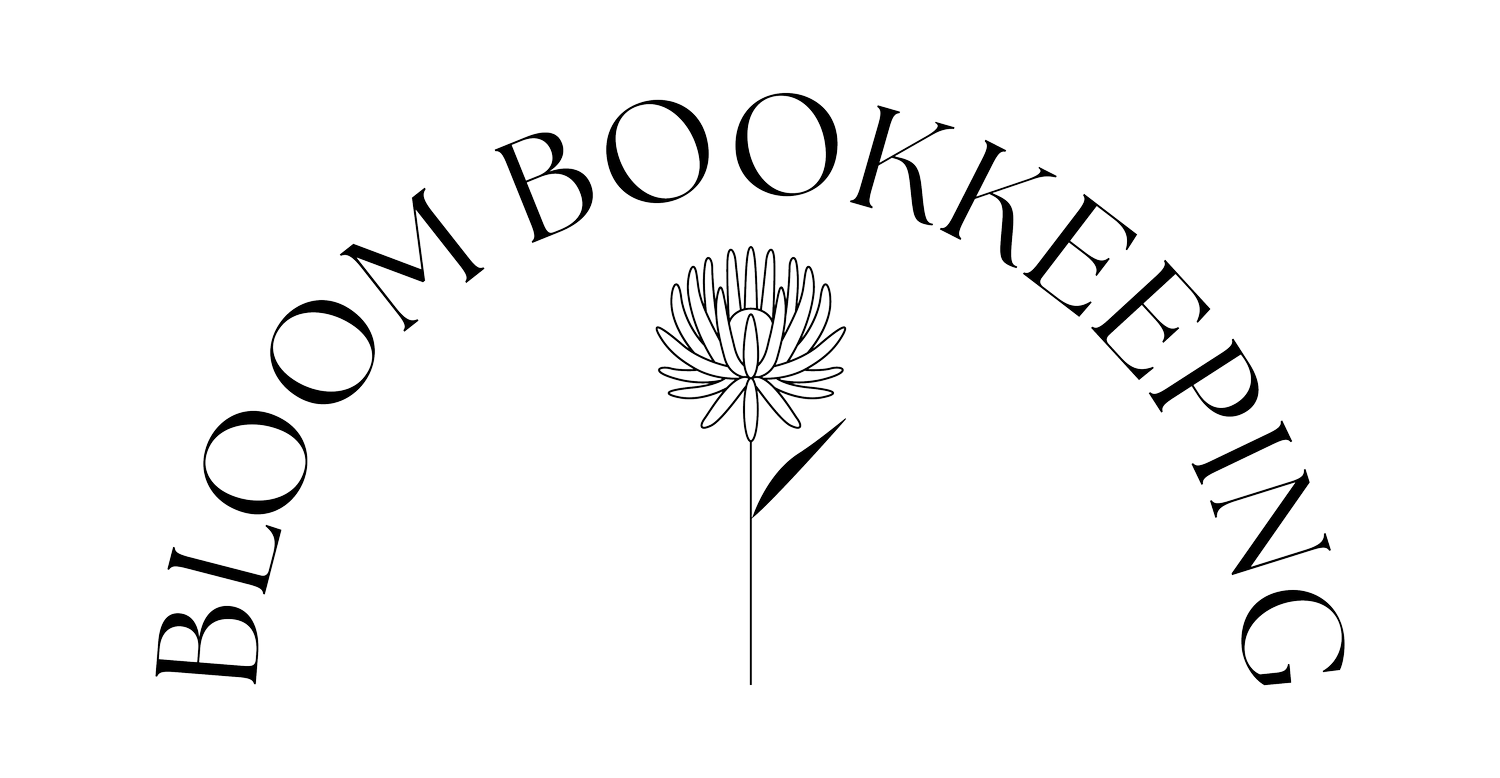What is EBITDA — and Why Should You Care?
When you're running a business, it can feel like you're juggling a thousand numbers. Revenue, expenses, payroll, profit, taxes — it’s a lot. So when we throw in another acronym like EBITDA, it’s understandable if your eyes glaze over.
But stick with us — because EBITDA can be a powerful tool for understanding how your business is really doing.
At Bloom Bookkeeping, we like to keep things clear, grounded, and useful. So let’s break it down.
What Does EBITDA Mean?
EBITDA stands for:
Earnings
Before
Interest
Taxes
Depreciation
Amortization
In simpler terms, EBITDA is your business’s profit from operations before financial decisions, tax strategies, and accounting depreciation are factored in.
Think of it as a way to see your operating profitability — the core earnings of your business without the noise.
Why It Matters for Small Business Owners
EBITDA helps you understand the financial health of your operations without being skewed by:
Debt interest
Tax structures
Non-cash expenses like depreciation or amortization
It's especially useful when:
Comparing your business to others in your industry
Preparing for funding or investment conversations
Measuring year-over-year performance
In short, EBITDA shines a light on how well your business runs day to day — not just how good your tax accountant is.
What EBITDA Doesn’t Show
It’s important to note that EBITDA doesn’t tell the whole story.
It doesn’t account for:
Capital expenditures (big purchases or upgrades)
Loan repayments
Changes in working capital (like accounts receivable or inventory)
That’s why, at Bloom, we always use EBITDA in combination with other financial indicators like net income and actual cash flow.
How We Use EBITDA at Bloom Bookkeeping
When we’re supporting clients through strategic planning or monthly financial reviews, EBITDA is often part of the conversation — especially for those thinking about:
Scaling their business
Seeking financing
Preparing for a potential sale or investment
Our job is to make it understandable and actionable. We explain what the number means, how it’s trending, and what levers you can pull to improve it.
Want to Know Your EBITDA?
If you’re curious about your EBITDA — or how it fits into your bigger financial picture — we’d love to help.
Reach out to book a strategy session. We’ll walk you through your numbers and show you how to use them to make smart, grounded business decisions.
At Bloom, we believe numbers tell a story — and we’re here to help you read it.

